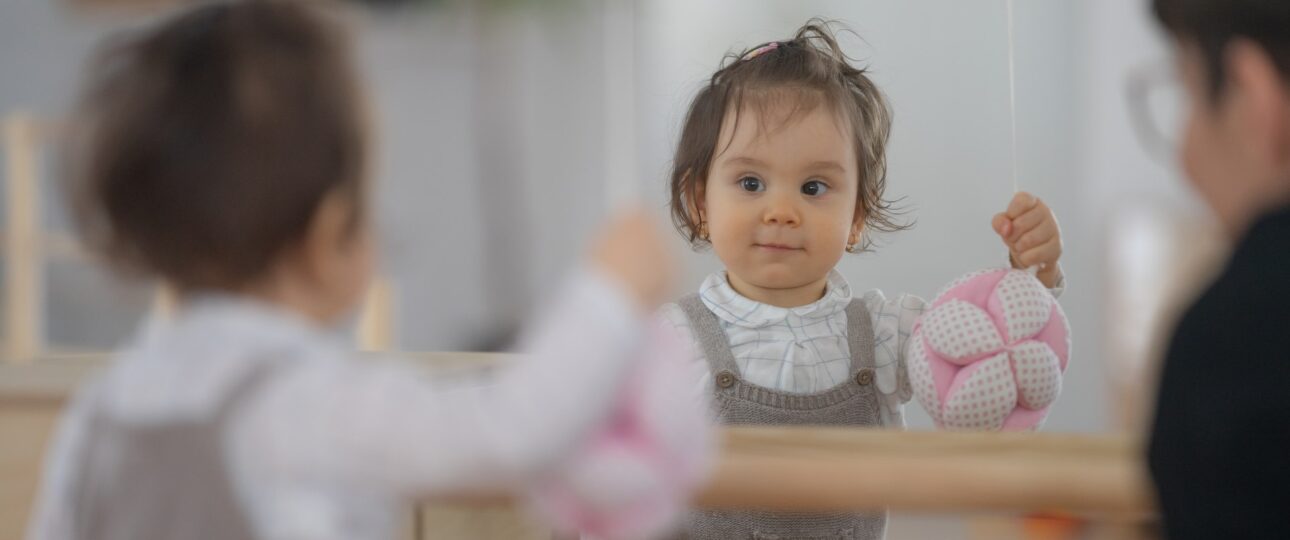Montessori education is an approach to learning that emphasizes independence, freedom within limits, and respect for a child’s natural psychological, physical, and social development. One of the key components of Montessori education is the use of specialized materials that are designed to facilitate learning and exploration.
If you’re a teacher or parent interested in Montessori education, choosing the right materials for your classroom or home is a critical decision. There are a wide variety of Montessori materials available on the market, and selecting the right ones can help create a rich learning environment for children.
The following are some tips to help you choose the right Montessori materials for your classroom or home:
Understand the Montessori Method
Before you can select the right Montessori materials, it’s important to understand the principles and philosophy behind the Montessori Method. This approach to education is centered on the child and encourages self-directed learning, exploration, and discovery. Montessori materials are designed to foster these experiences by providing hands-on opportunities for children to explore and learn independently.
Consider Your Goals
Before purchasing any Montessori materials, it’s important to consider your goals for your child or students. Do you want to emphasize specific subjects or areas of development, such as math or language? Or do you want to create a more open-ended learning environment that fosters curiosity and exploration? Understanding your goals will help you select the right materials for your needs.
Focus on Quality
Montessori materials are designed to be durable and long-lasting, able to withstand the wear and tear of daily use. When selecting materials, be sure to choose high-quality products made from safe and durable materials. Montessori materials made from wood, metal, and natural fibers are preferred over plastic and synthetic materials.
Consider Age Appropriateness
Montessori materials are typically grouped by age and developmental level. It’s important to select materials that are appropriate for the age and abilities of the children in your classroom or home. Infant and toddler materials, for example, will be different from those designed for older children.
Seek Out Reputable Manufacturers
When shopping for Montessori materials, it’s important to choose products from reputable manufacturers. Libo Montessori Materials, for example, offers a wide range of materials that are designed to meet
the needs of children of all ages and are compatible with the Association Montessori Internationale (AMI) method. Libo’s products are made with child-safe, environmentally friendly materials and are built to last.
Emphasize Hands-On Learning
Montessori education emphasizes hands-on learning and exploration, and the materials you select should reflect this approach. Look for materials that allow children to engage in tactile experiences and self-directed exploration, such as puzzles, building blocks, and sensory bins.
Create a Balanced Learning Environment
Montessori education emphasizes a balanced approach to learning that includes practical life skills, language, math, science, and cultural studies. When selecting Montessori materials, be sure to create a well-rounded learning environment that includes materials from each of these areas.
Choosing the right Montessori materials can help create a rich and engaging learning environment for children. By understanding the principles of the Montessori Method, focusing on quality and age appropriateness, and seeking out reputable manufacturers, you can select materials that will help children develop independence, confidence, and a love of learning.

